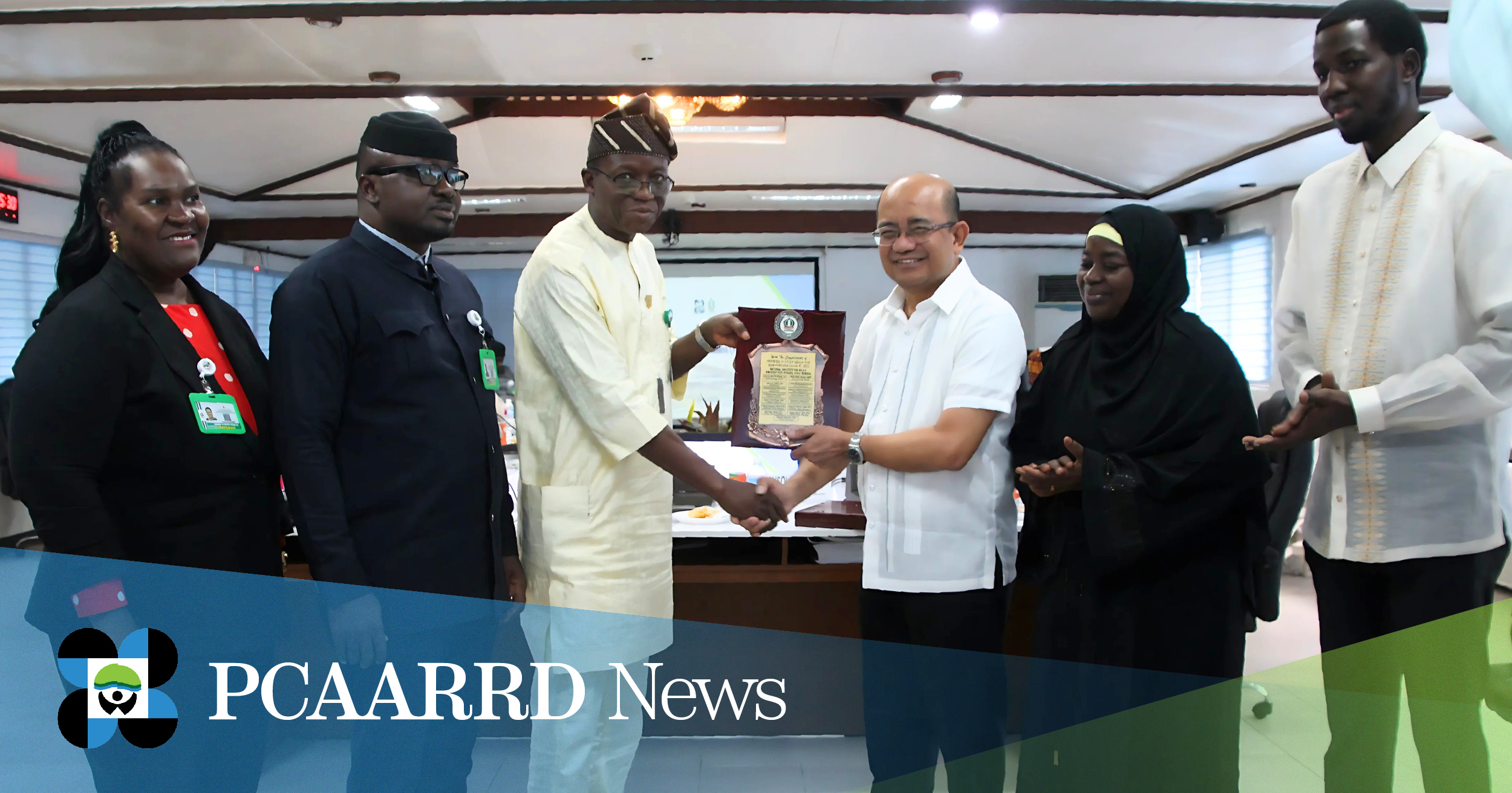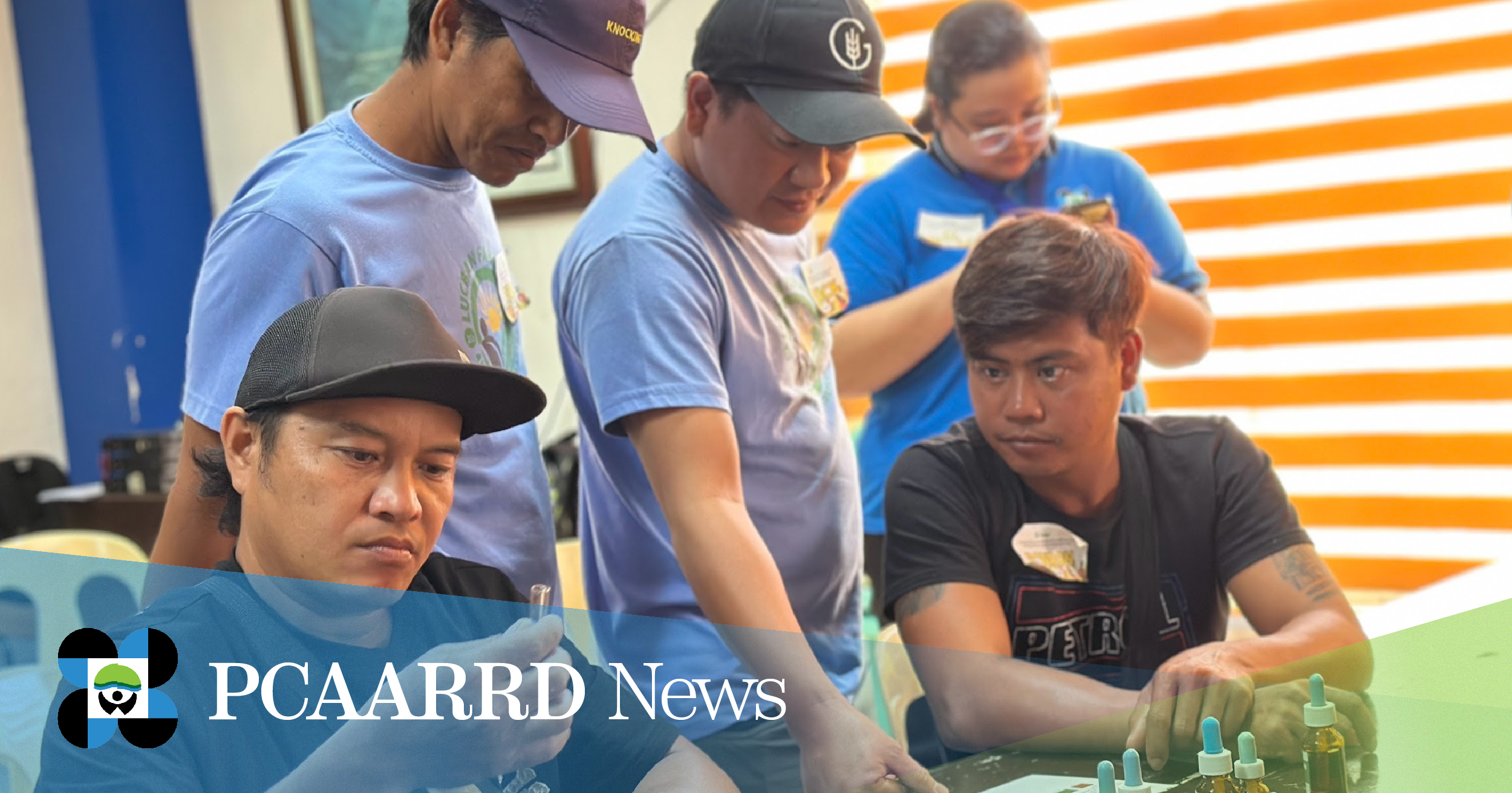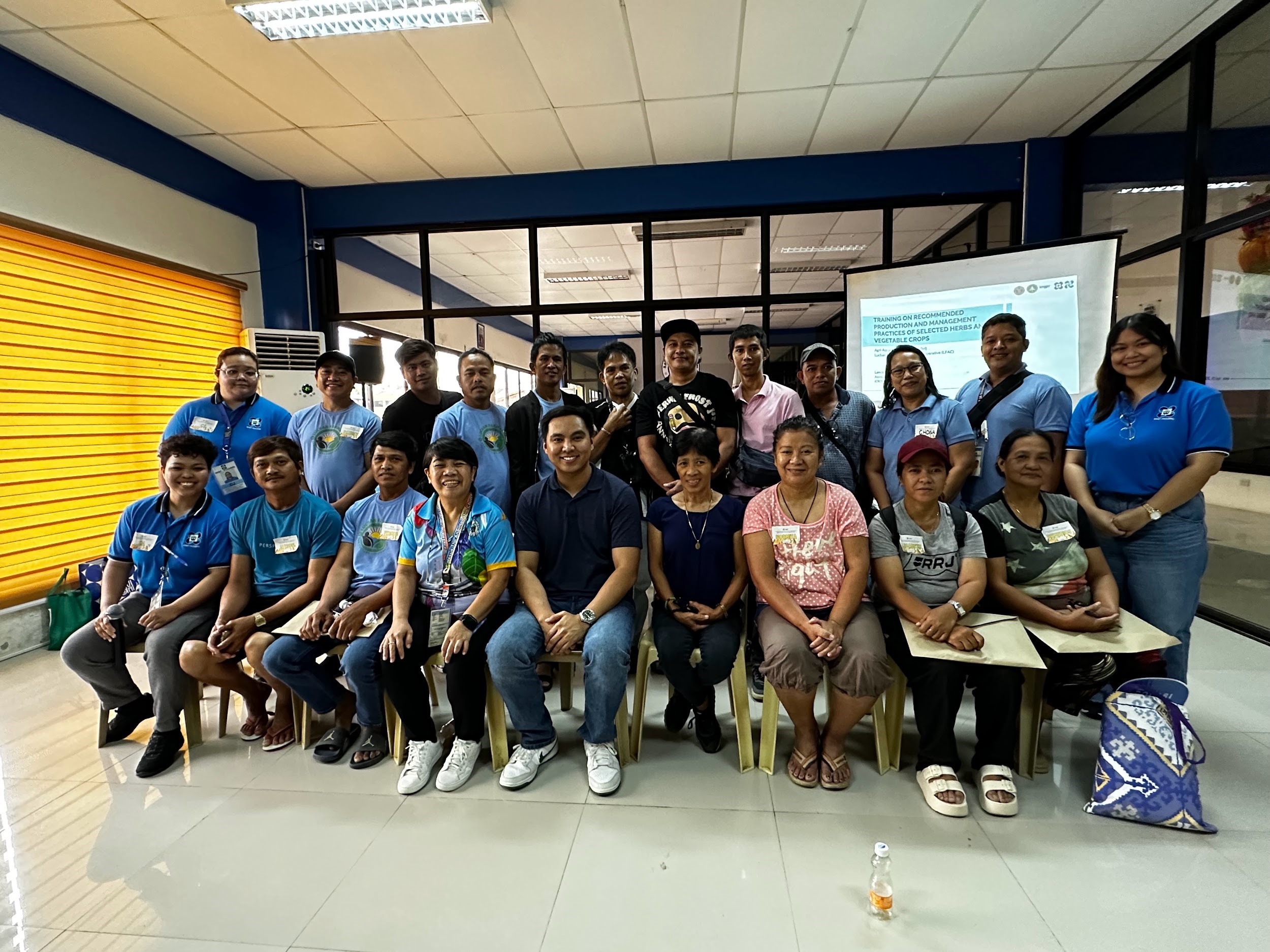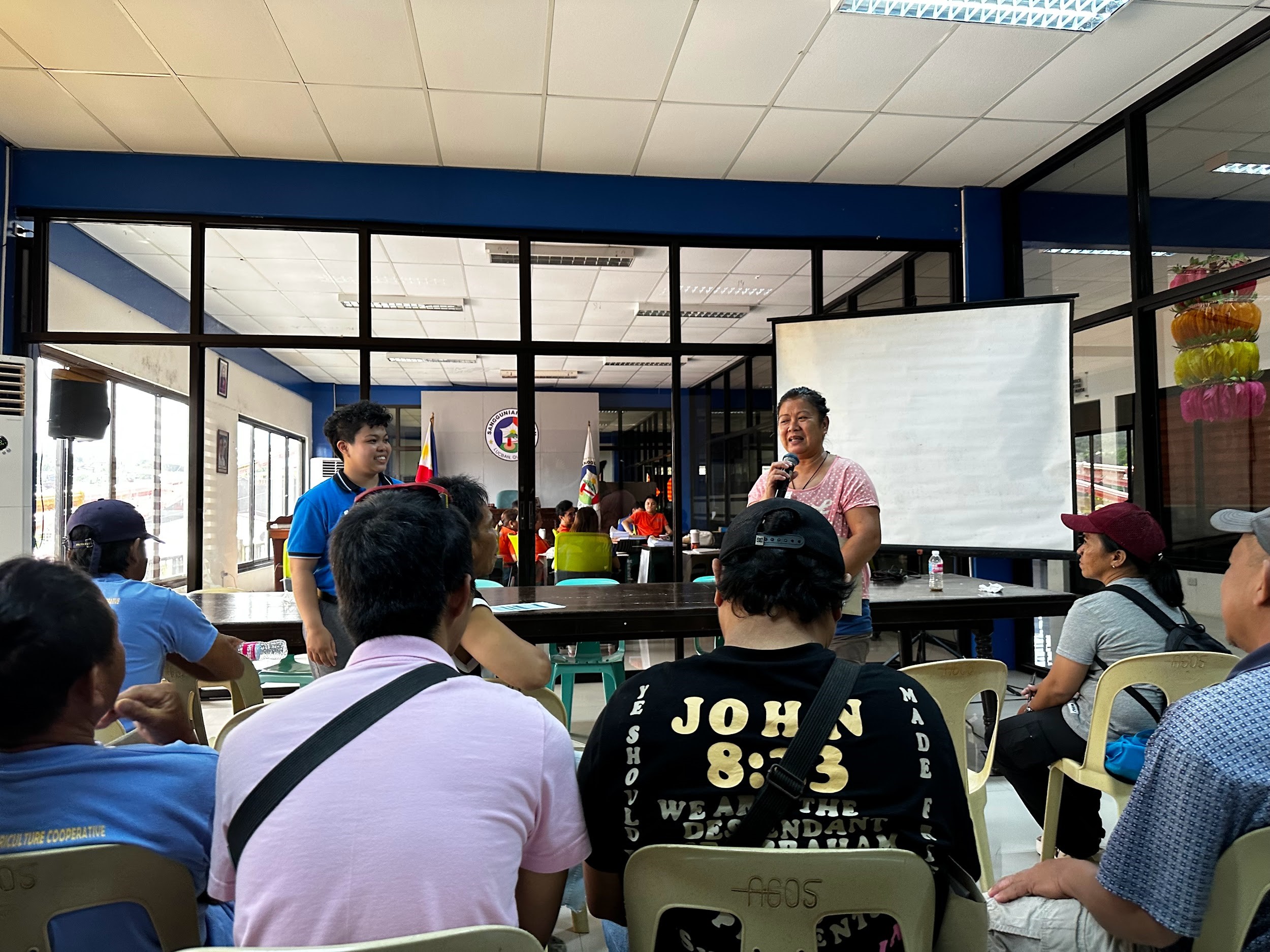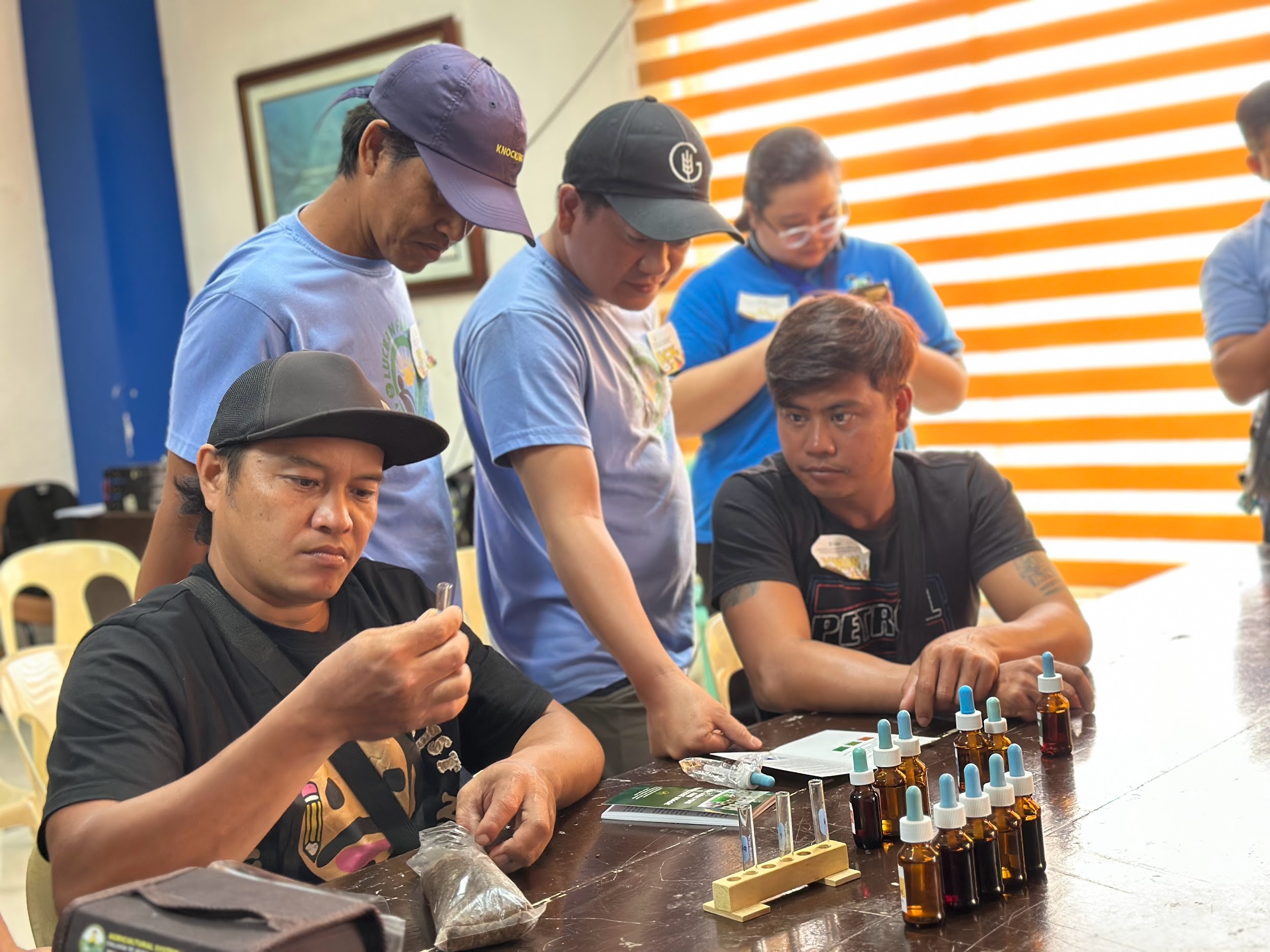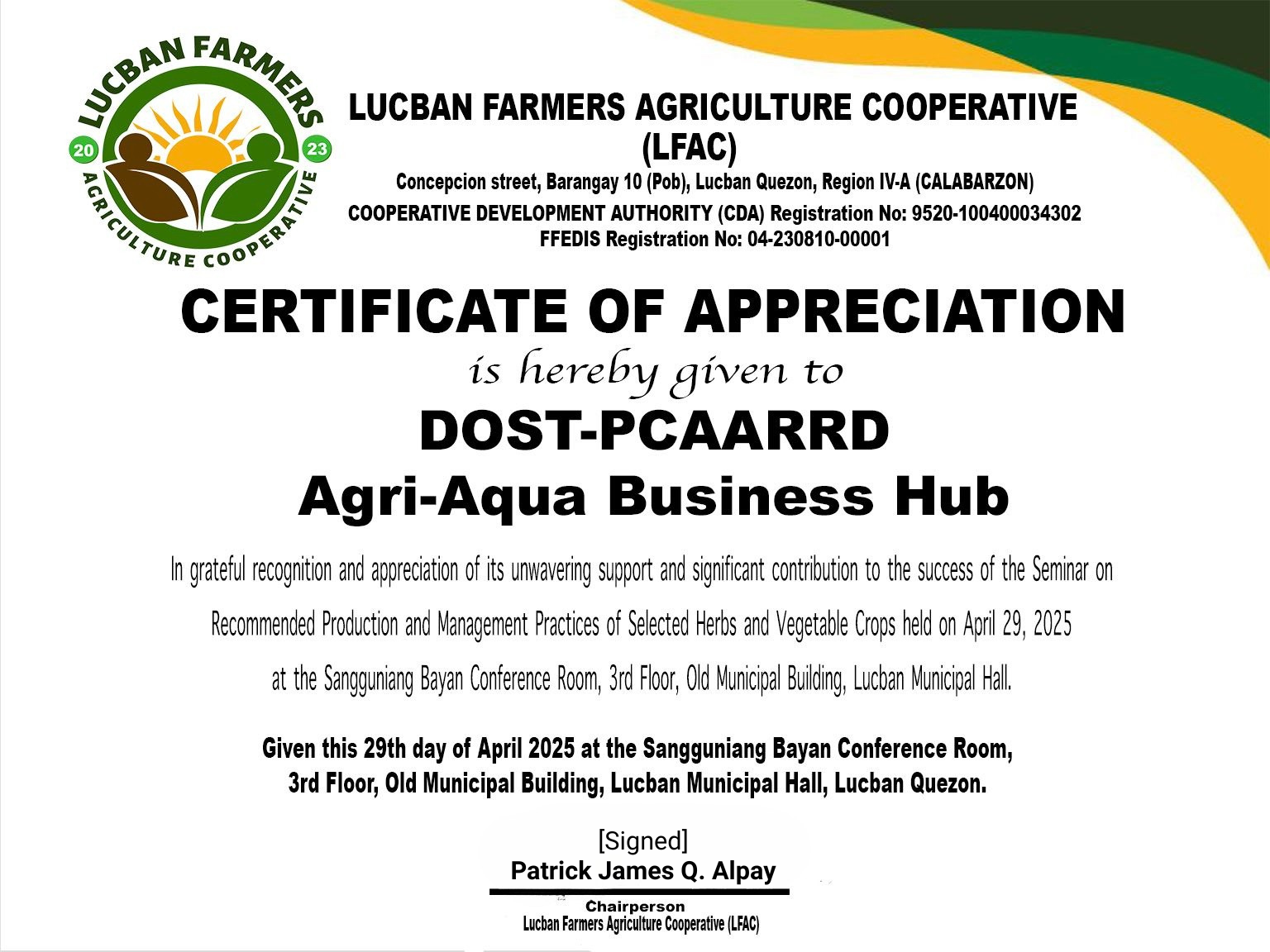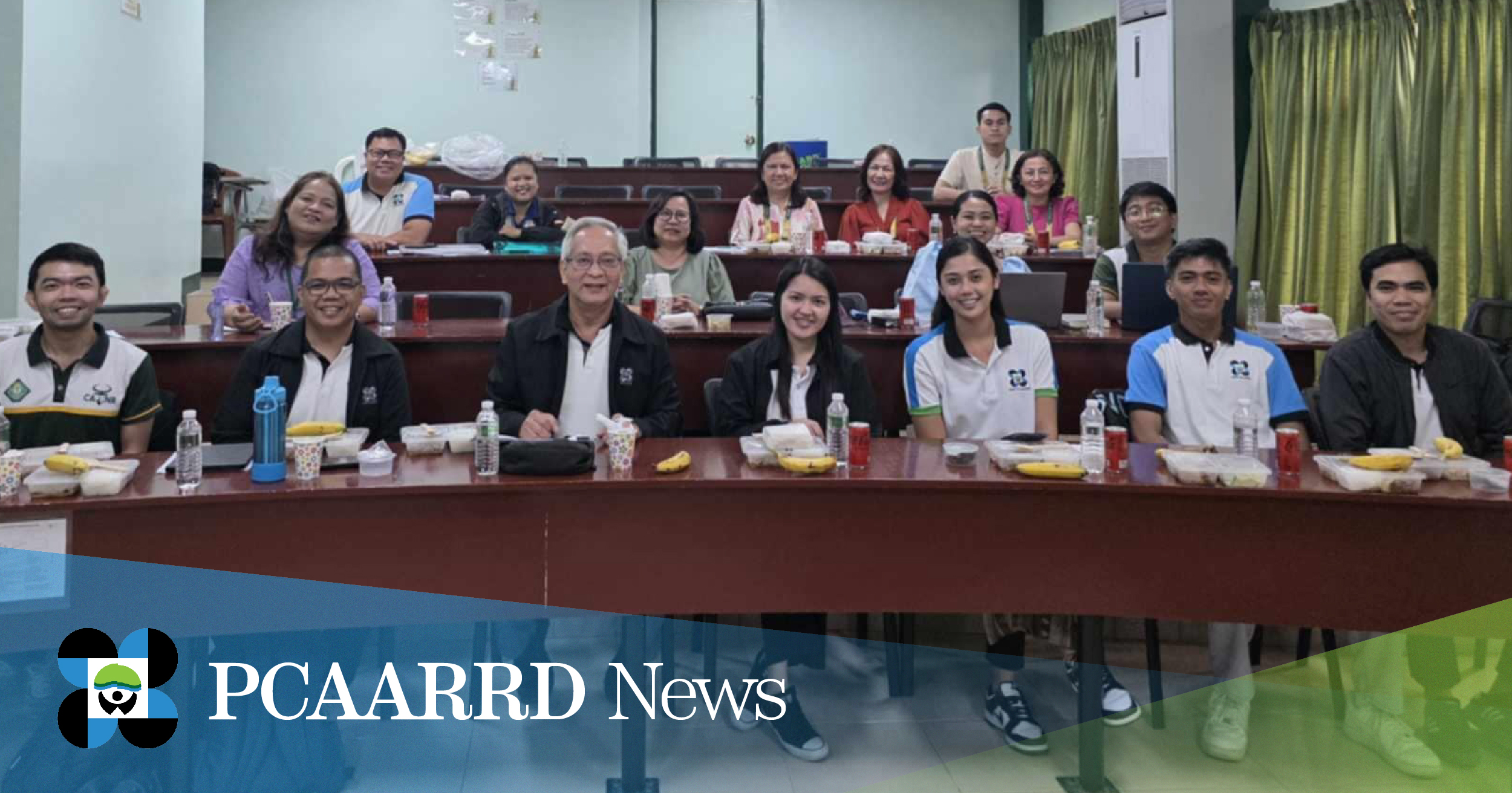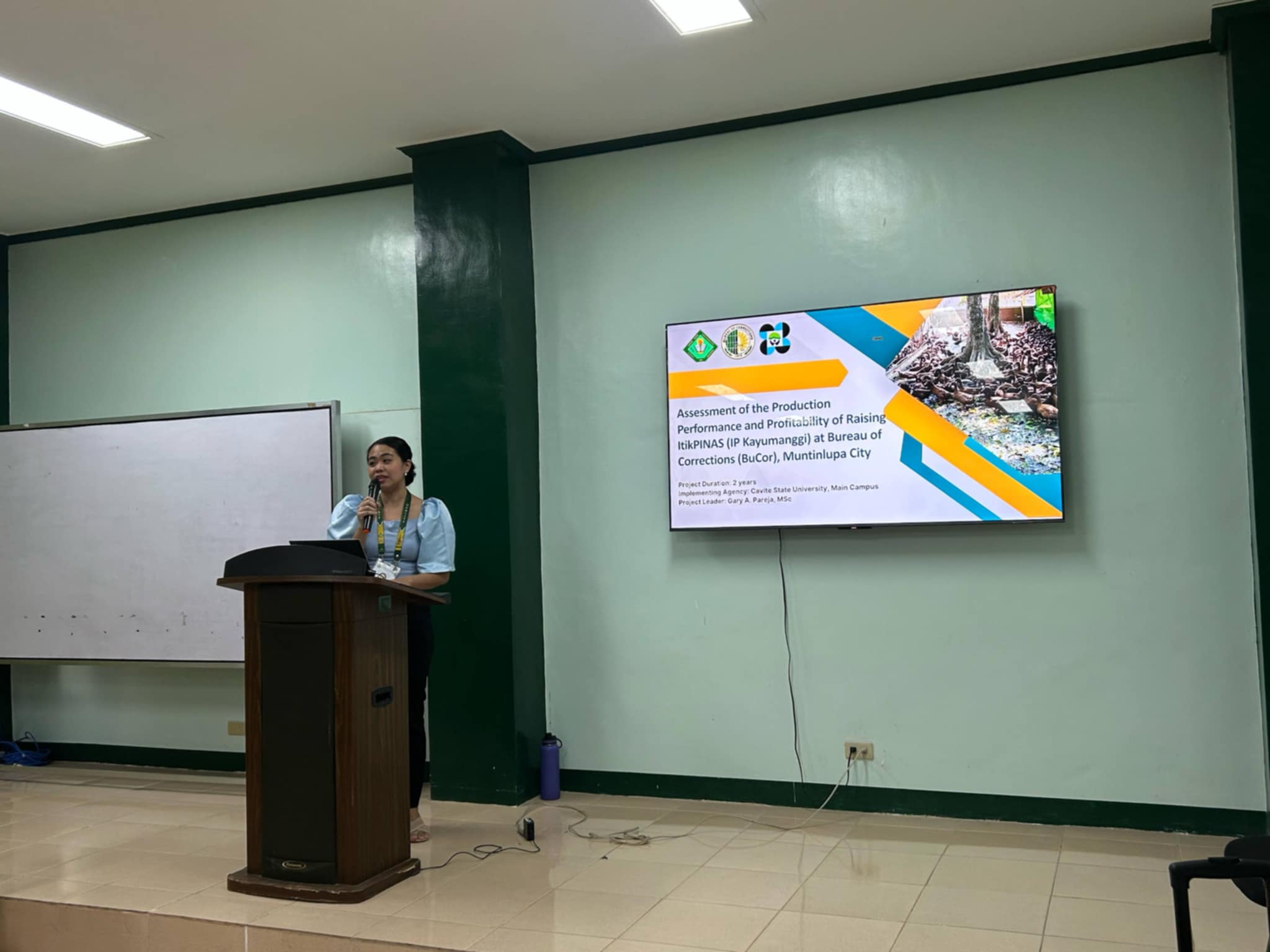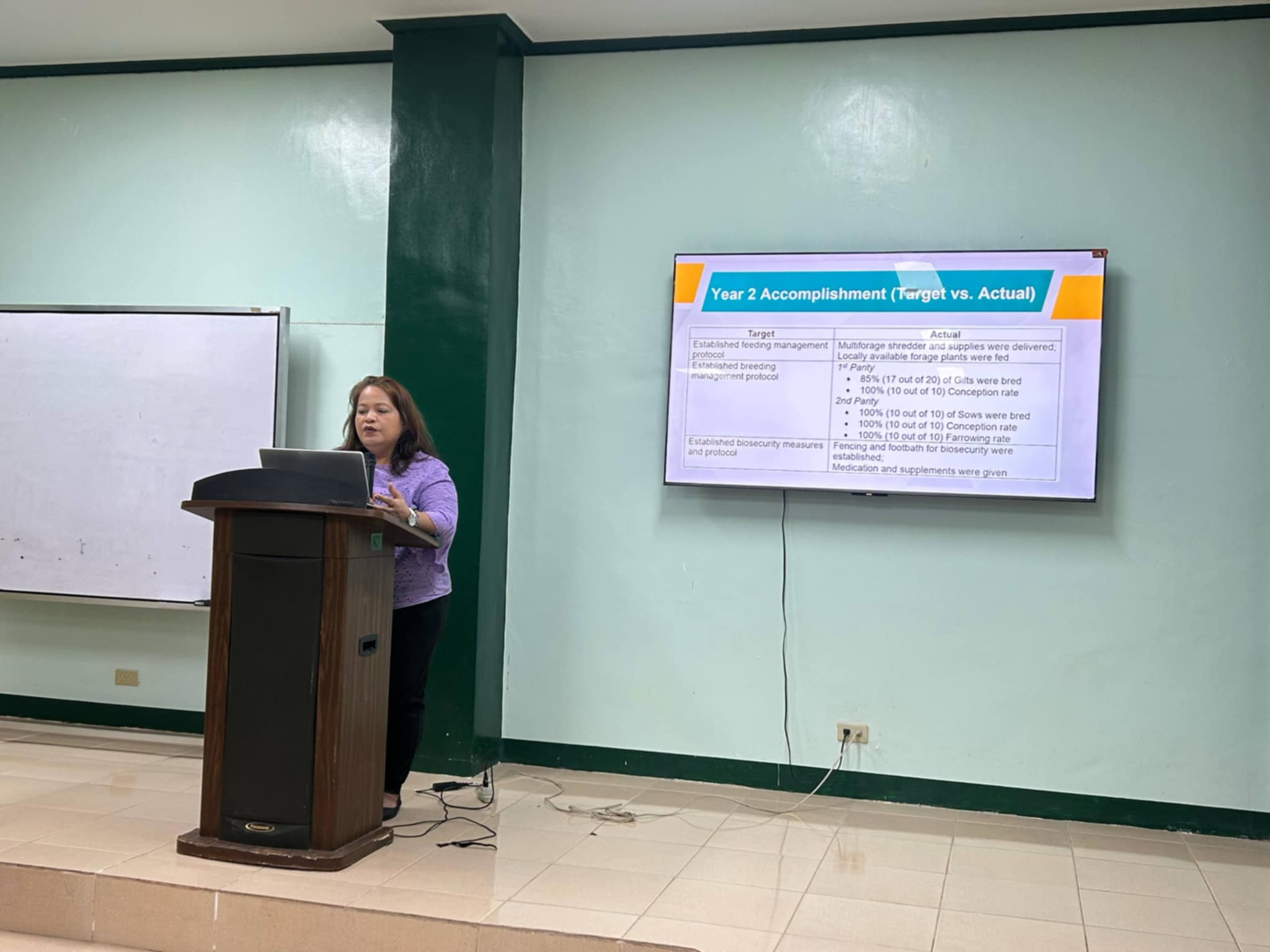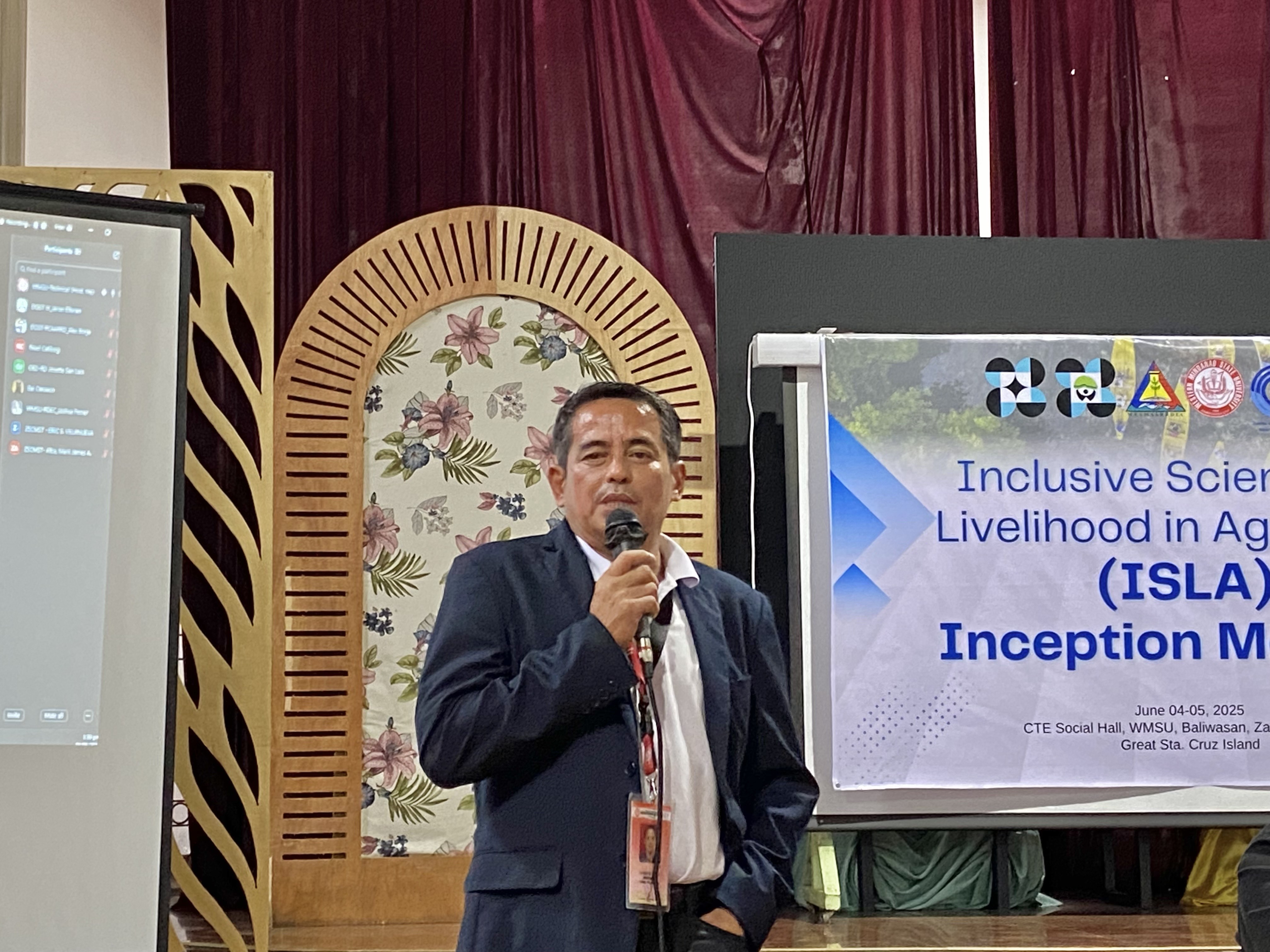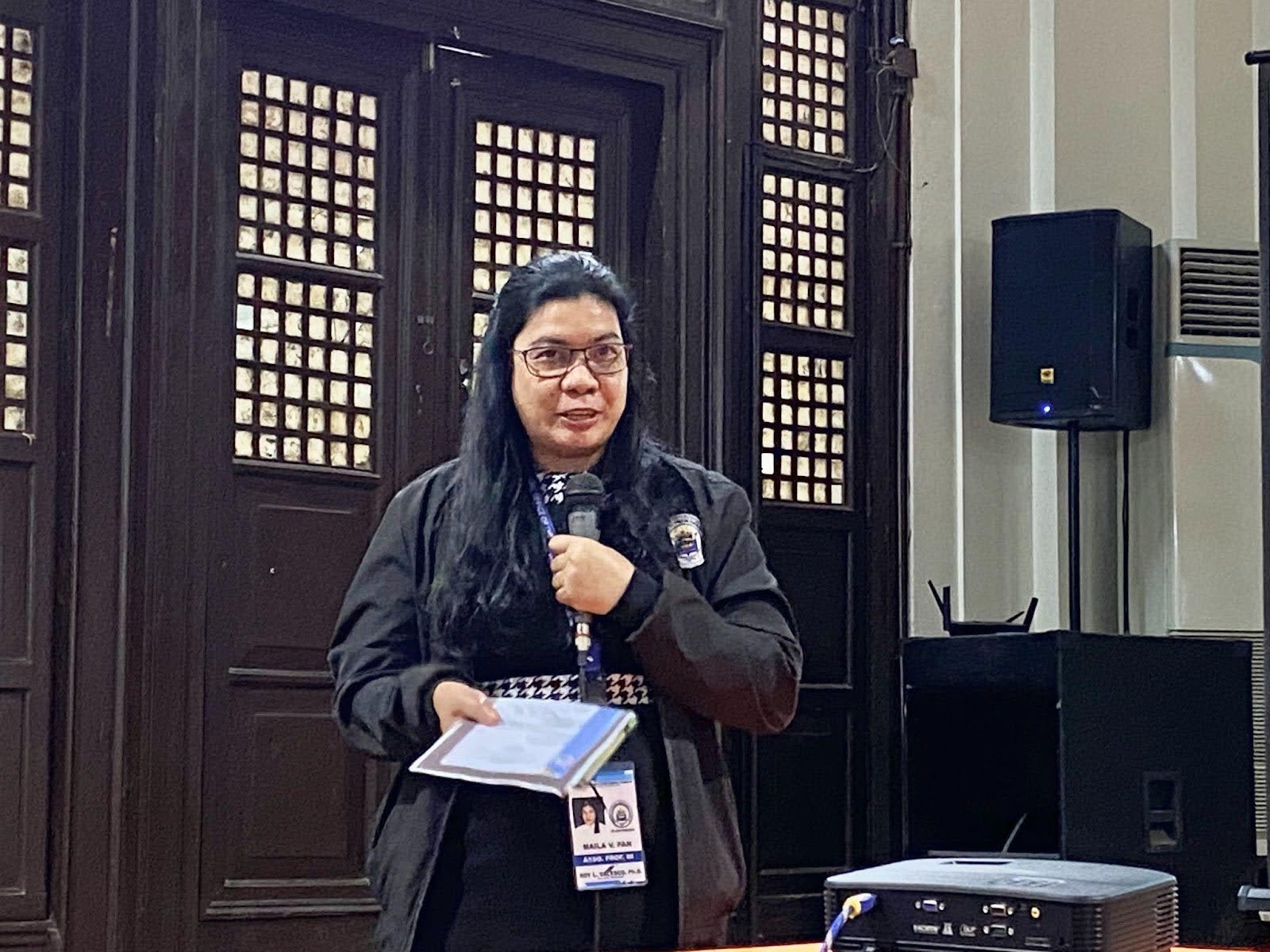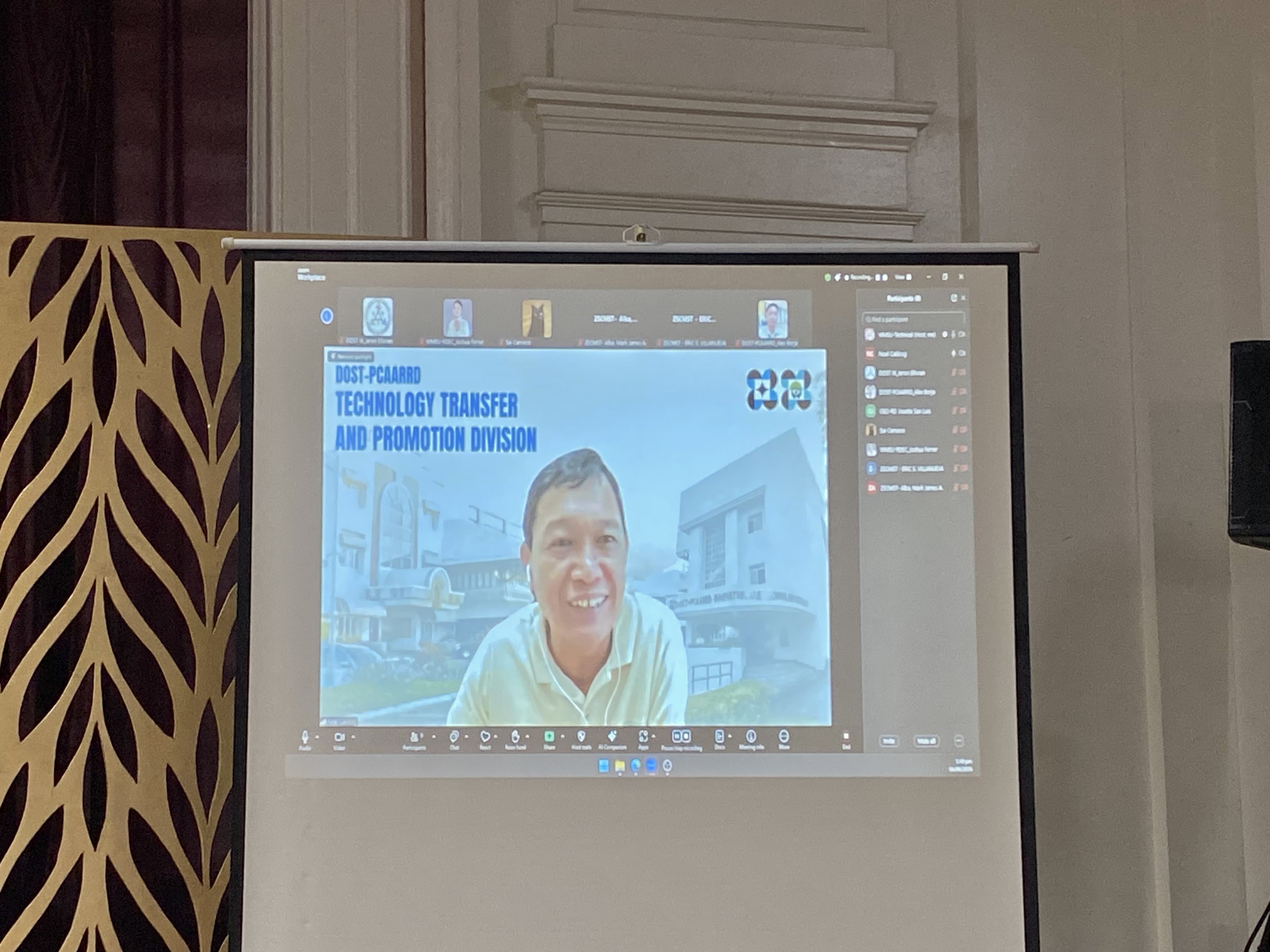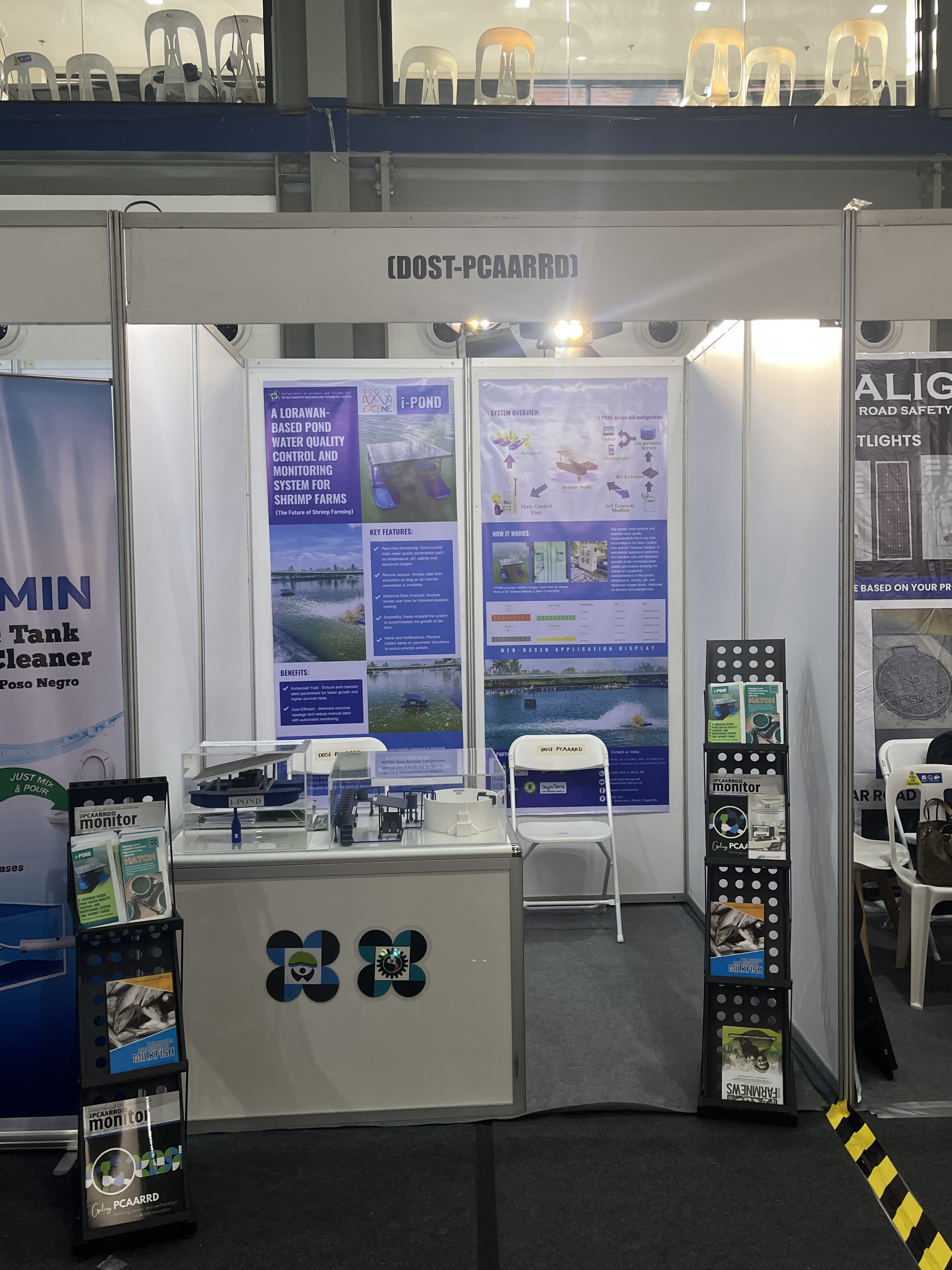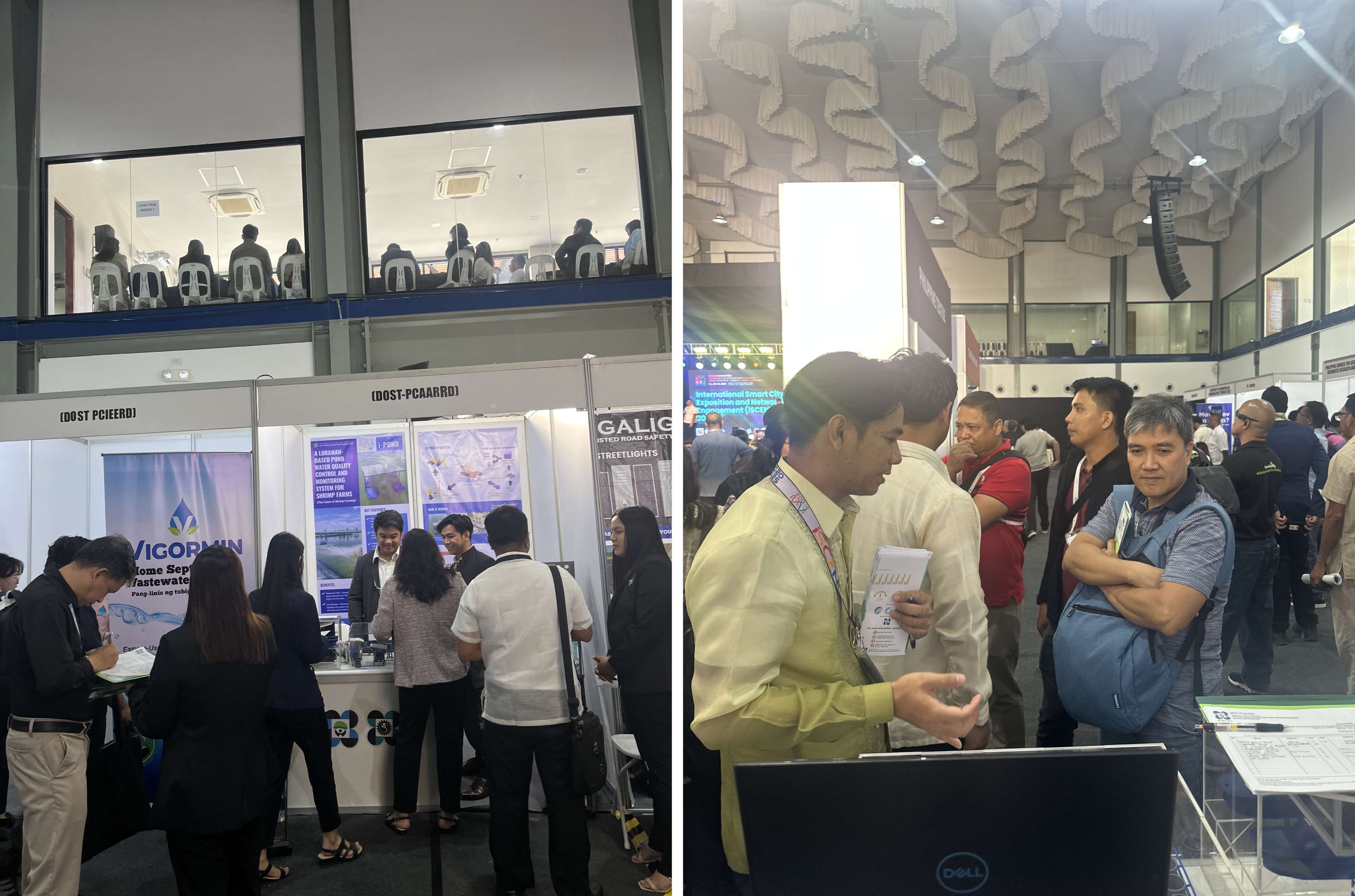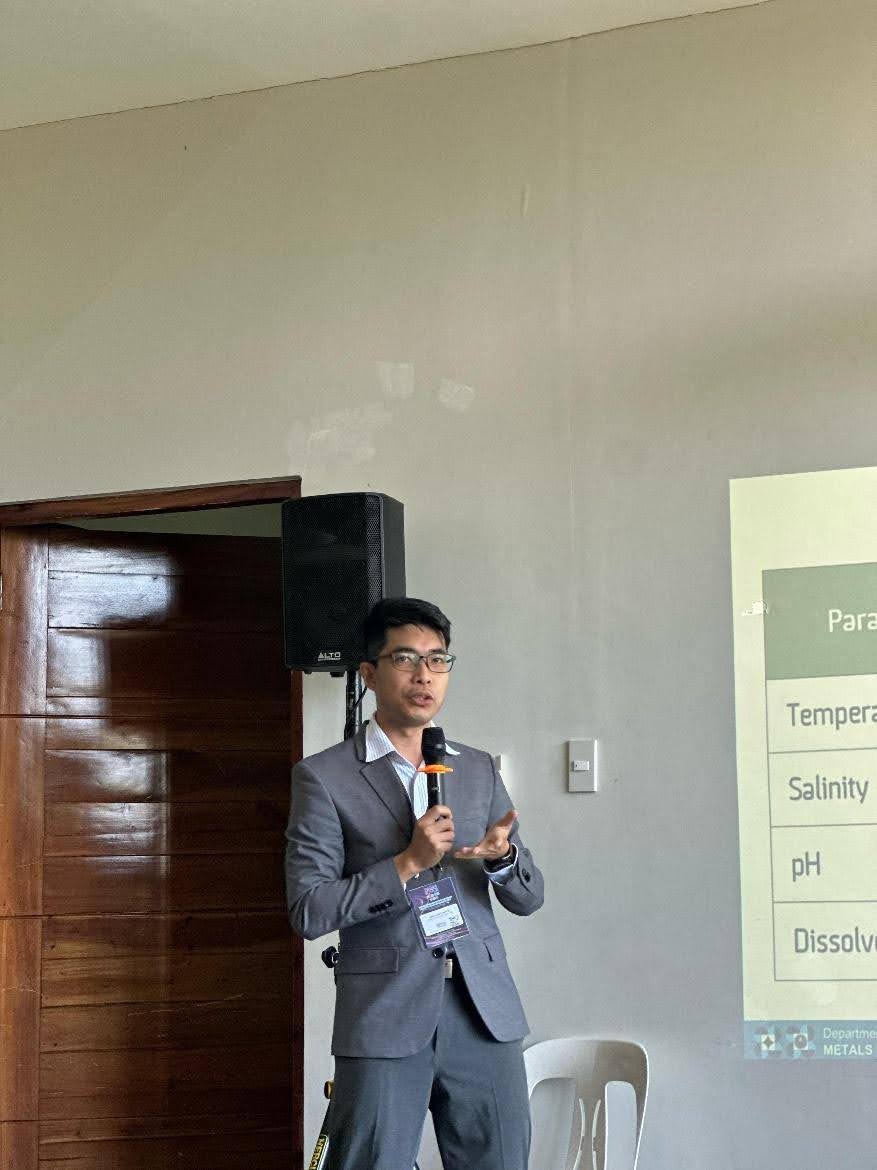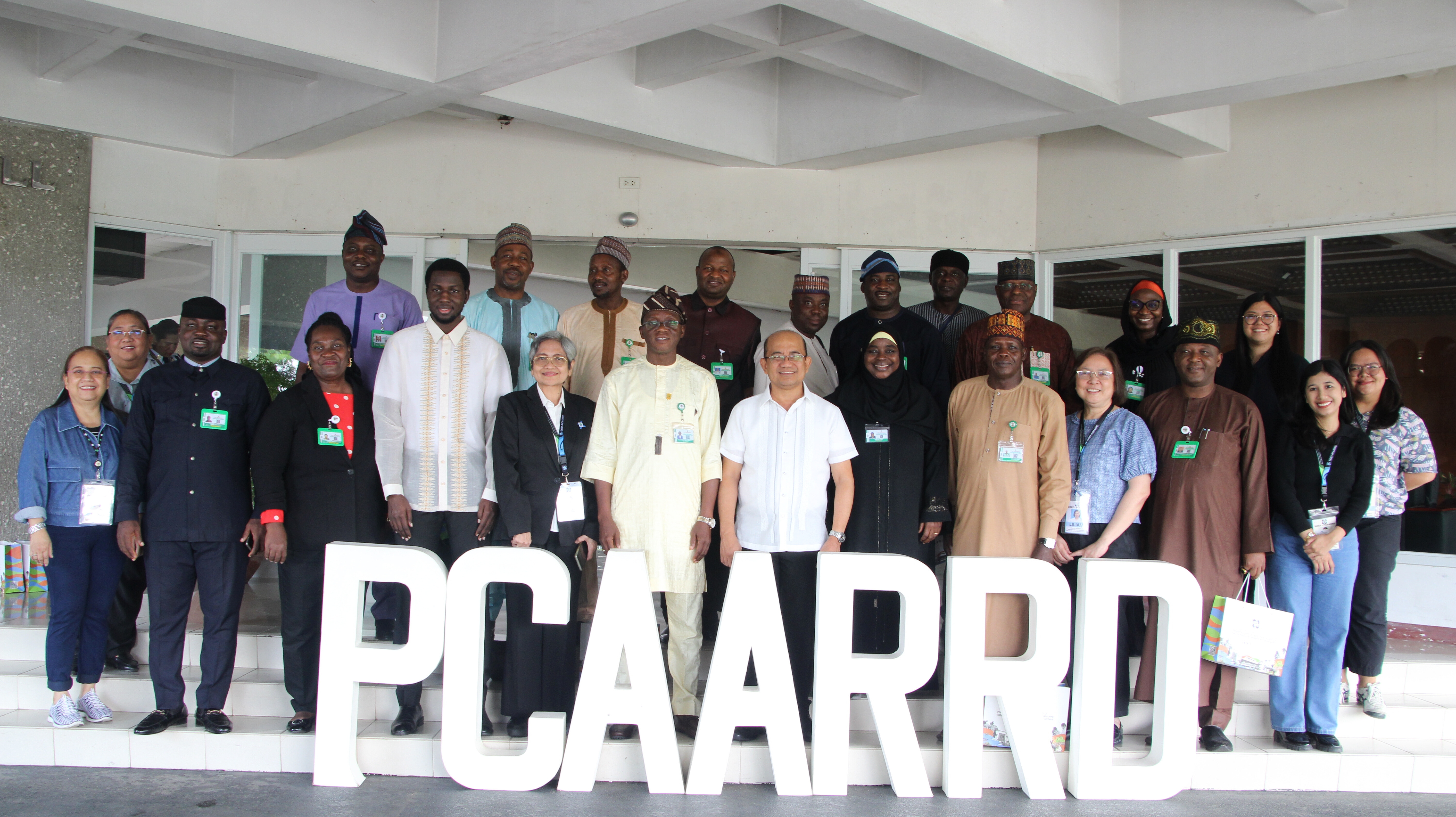
Nigeria’s National Institute for Policy and Strategic Studies (NIPSS) and the Philippine Council for Agriculture, Aquatic and Natural Resources Research and Development of the Department of Science and Technology (DOST-PCAARRD) recently discussed science-based and innovative approaches in marine resources management and sustainable aquaculture to foster knowledge exchange that could support blue economy development strategies in Nigeria.
The meeting was made possible through Nigeria NIPSS’s international study tour themed, “Blue Economy and Sustainable Development in Nigeria: Issues, Challenges, and Opportunities.” Held on May 30, 2025, the discussion served as a platform for mutual learning and exploration of potential collaboration to strengthen partnerships between the Philippines and Nigeria.
Deputy Inspector-General Adeleye Olusola Oyebade said that NIPSS is Nigeria’s premier think tank on policy and development that helps bring together exceptional leaders from both public and private sectors. Moreover, he said that the study tour was relevant in exploring the blue economy in support of national priorities on economic diversification and sustainable marine resource management.
Starting the knowledge sharing between the two institutions was DOST-PCAARRD’s Marine Resources Research Division (MRRD) Director Mari-Ann M. Acedera, who presented DOST-PCAARRD’s science, technology, and innovation (STI) initiatives in the marine sector. She emphasized that the blue economy is a strategic pillar of the Pagtanaw 2050: Philippine Science, Technology, and Innovation Foresight, aligning closely with the United Nations Sustainable Development Goals (SDGs), particularly SDG 14: Life Below Water.
Dr. Acedera further discussed the Harmonized National Research and Development Agenda for the Agriculture, Aquatic and Natural Resources sector (HNRDA-AANR), which was introduced as a guide for prioritizing science-based programs, grounded in broad stakeholder consultations. In line with this, she presented the Industry Strategic Science and Technology Programs (ISPs) on key marine resources such as tuna, sardines, sea cucumber, seaweeds, and coral reefs.
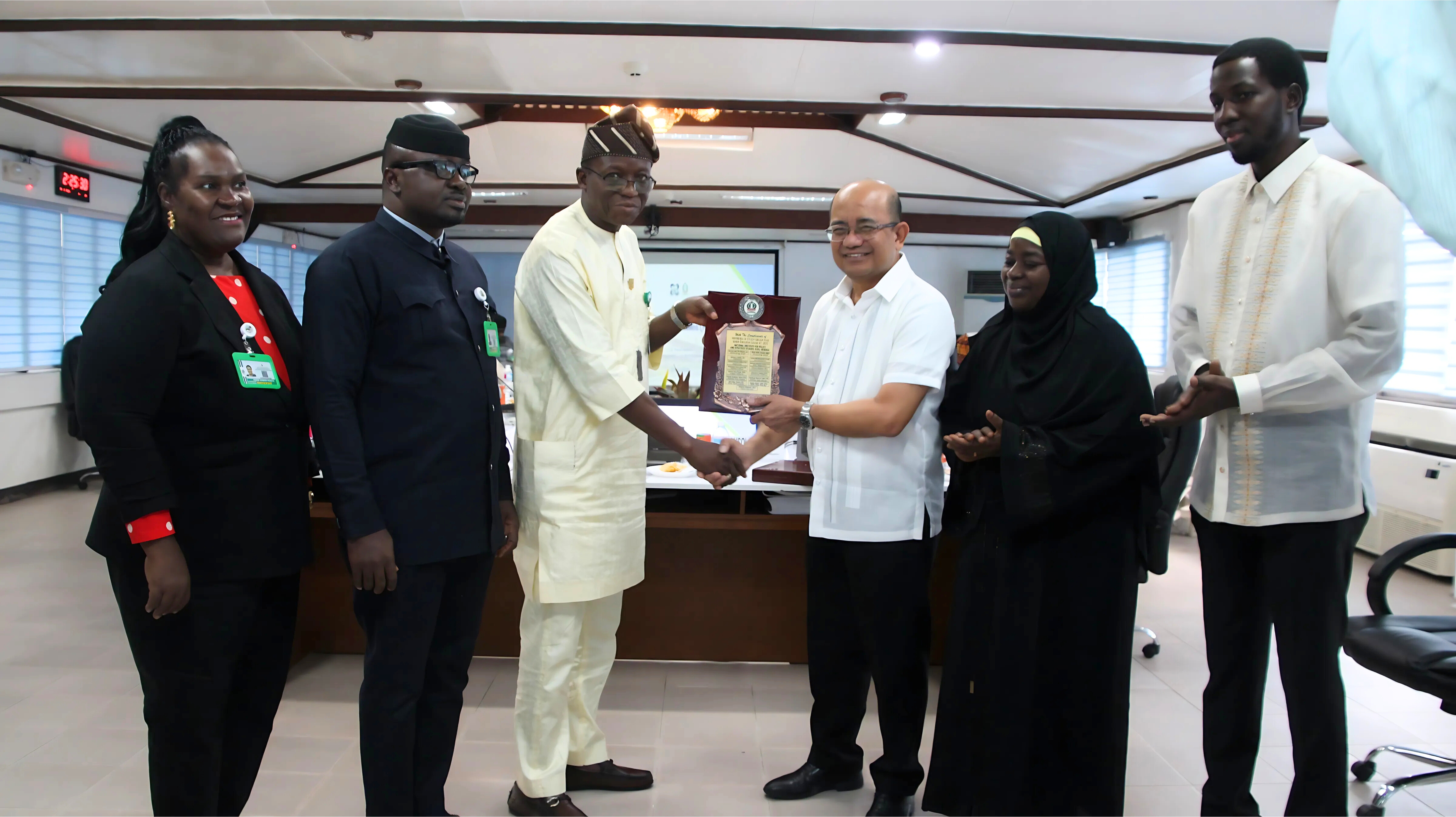
Other initiatives presented were the Resource Inventory, Valuation, and Policy in Ecosystem Services under Threat (RE-INVEST): The Case of the West Philippine Sea and the Supporting Seas through Automated and Integrated Networks (SUSTAIN). These initiatives underscored evidence-based policy research, capacity building, and co-designed innovation as essential elements in directing R&D results utilization toward maximum economic and social benefits.
“You cannot promote the blue economy if you do not have a very strong R&D institution like PCAARRD,” said Prof. Binta Tijani Jibril who is also a Professor of Economics at the Bayero University Kano.
The meeting concluded with a shared commitment to continuing the discussion and exploration of potential areas of collaboration in shaping resilient, inclusive, and science-based approaches to marine sustainability.
Leading the DOST-PCAARRD delegation was Executive Director Reynaldo V. Ebora, joined by Policy Coordination and Monitoring Division (PCMD) Director Lilian G. Bondoc and Dr. Acedara along with other representatives from MRRD and Socio-Economics Research Division (SERD).

